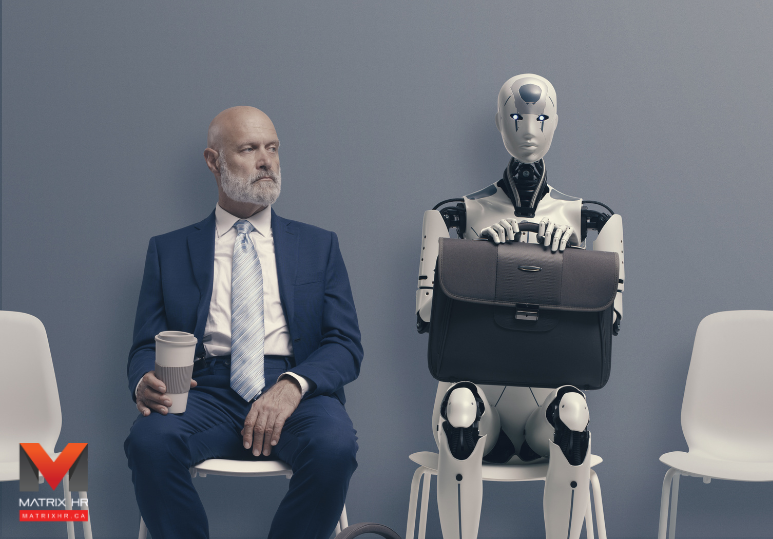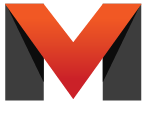
In this article, we explore the transformative impact of artificial intelligence (AI) on the workplace. They highlight the benefits of AI in HR practices such as streamlining processes, enhancing decision-making, and improving the employee experience. The article discusses practical applications of AI in recruitment and selection, predictive analytics for employee attrition, performance management, and workforce planning. Additionally, it addresses key concerns around ethical use, data privacy, agile AI risks, and the impact on the workforce. By prioritizing ethics, data protection, and employee development, HR professionals aim to leverage AI technologies to drive positive change and create a fair and inclusive work environment for all employees.
As HR professionals, it's crucial for us to stay informed about how artificial intelligence (AI) is changing the workplace. AI can make our work easier, improve decision-making, and enhance the employee experience. However, we also need to consider the ethical implications and potential risks of using AI in our HR processes.
Let's take a look at some practical ways AI can be beneficial in HR:
There are valid concerns when it comes to utilizing AI in our HR practices:
Data Privacy: Aside from bias, it's crucial to prioritize protecting employee data and privacy when using AI in HR. As AI systems gather and analyze large amounts of personal information, we must take steps to put strong security measures and protocols in place to prevent data breaches and misuse. Ensuring that we comply with data privacy regulations and consistently monitor and update AI systems are essential practices for reducing risks and safeguarding the privacy of our employees.
Risks of Agile AI: The rapid evolution of AI technology in HR practices poses a potential risk to organizations. As AI becomes more agile and the tech life cycle shortens, HR professionals must continuously upgrade their skills to implement and manage AI systems effectively. Failure to keep up with these advancements may result in outdated practices, biased decision-making, or even legal implications. The potential risks of relying on agile AI in HR underscore the importance of ongoing training and vigilance to ensure the ethical and effective use of AI technology in the workplace.
Workforce Impact: HR professionals also need to think about how AI impacts the workforce. Even though AI can make tasks easier and boost productivity, some roles might face job displacement. To tackle this issue, HR professionals should focus on programs that develop employees' skills, like reskilling and upskilling initiatives. These programs can empower employees with the tools they need to adjust to the changing work environment driven by AI and succeed in the evolving workplace.
In the end, as HR professionals, we have a key role in guiding the incorporation of AI into HR practices. By putting ethical concerns, data privacy, and workforce development at the forefront, we can use AI to improve HR operations, support organizational growth, and foster a work environment that is fair and inclusive for everyone. With careful planning, proactive steps, and a focus on the human element, we can take advantage of the advantages of AI while minimizing risks and making a positive difference for our employees.

Matrix HR is a trusted provider of staffing services for businesses across Canada, the US, and around the world. We specialize in recruitment and staffing, payroll administration and funding, and back-office facilitation with strategies like Employment of Record (EOR). To build a skilled and resilient workforce and streamline operations with effective HR solutions, connect with our team today.